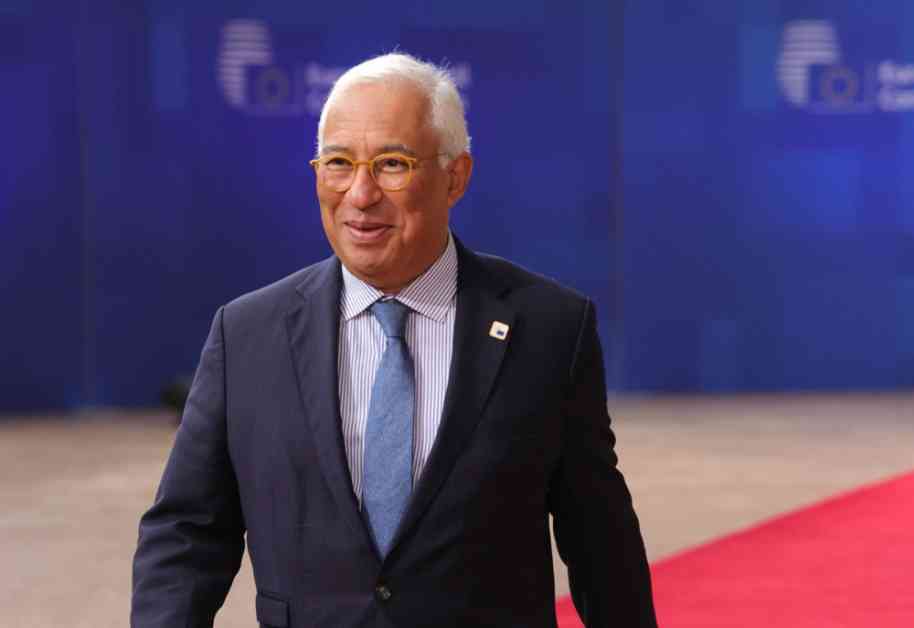European Union Aid to Ukraine: No Mineral Access Required
European Council President António Costa recently made a significant announcement, stating that EU member states will not require access to Ukraine’s mineral resources in exchange for providing crucial aid. This decision comes amidst escalating tensions surrounding Ukraine’s agreements with the United States on rare earth metals.
In a candid interview with the Suspilne media outlet, Costa emphasized the EU’s steadfast support for Ukraine over the past three years. He underscored that the aid provided is not contingent on mineral access but is motivated by a genuine commitment to Ukrainian citizens and European security.
The Sovereignty of Ukraine
Highlighting Ukraine’s status as a sovereign state, Costa reiterated that Ukraine has the autonomy to manage its territory and engage in negotiations at the international level. This assertion serves as a clear message that the EU respects Ukraine’s independence and will not engage in coercive tactics to secure access to its valuable mineral reserves.
A Delicate Balancing Act
The discussion around mineral resources has sparked controversy in Ukraine’s interactions with the United States. President Donald Trump’s demand for compensation in exchange for American aid during the conflict with Russia triggered a complex diplomatic dilemma for Ukrainian President Volodymyr Zelenskyy.
In a meeting with President Zelenskyy in September 2024, President Trump raised the issue of American investments in Ukraine’s mineral extraction industry. However, reports indicated that the proposed agreement included rights to 50% of Ukraine’s mineral reserves, leading to a standoff between the two nations.
Navigating International Pressure
US Treasury Secretary Scott Bessent’s visit to Kyiv with a draft agreement on Ukrainian subsoil resources added to the mounting pressure on President Zelenskyy. Despite the US administration’s insistence on securing a deal, Zelenskyy opted not to sign the agreement, citing concerns about preserving Ukraine’s sovereignty and national interests.
President Trump’s Warning
In response to Zelenskyy’s refusal to sign the agreement, President Trump issued a stark warning, suggesting that Ukraine could face repercussions if it did not comply with US demands. Trump’s remarks about the need for Ukraine to hold elections and his belief that the war could have been avoided through negotiation added a layer of complexity to the already strained relationship.
A Call for Diplomacy
Amidst the escalating tensions, US Congressman Mike Waltz emphasized the importance of diplomatic engagement over coercive tactics. Waltz argued that the US should seek reimbursement for its investments in Ukraine rather than resorting to aggressive rhetoric or pressuring Ukraine to concede on mineral rights.
In Conclusion
The evolving dynamics between Ukraine, the EU, and the United States underscore the complex interplay of geopolitics, economic interests, and national sovereignty. While the desire to secure access to valuable resources is a key driver in international relations, the fundamental principles of respect for sovereignty and diplomatic dialogue must guide negotiations to ensure a peaceful and mutually beneficial outcome.
As we continue to monitor developments in this unfolding narrative, it remains crucial for all parties involved to prioritize diplomacy, dialogue, and respect for national sovereignty in their interactions. The future of Ukraine’s mineral resources hinges not only on economic considerations but also on the broader principles of international cooperation and mutual respect.

















